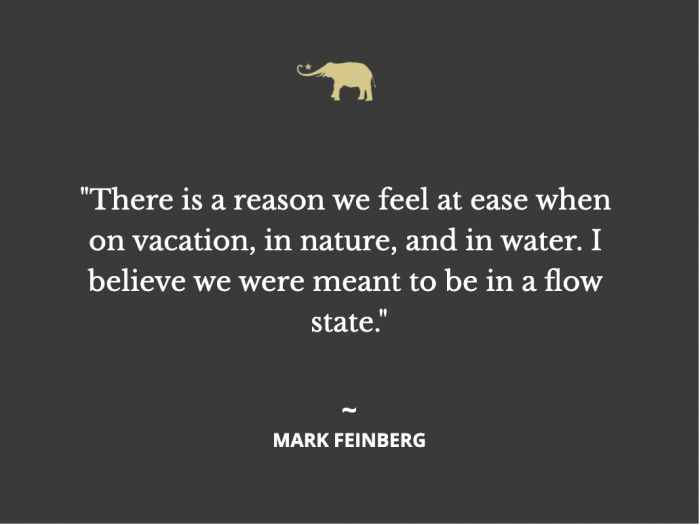“True love begins when nothing is looked for in return.” ~
For those of you who think you know me, that’s probably an odd title for something I might write.
I mean, I have an email address and title that implies I’m nothing but one giant transaction.
Without a doubt, my life choices have certainly taken me into a world of transactions.
I ran an investment firm, for heaven’s sake. There’s nothing more transactional than an investment firm. We pay someone to make us money.
Now I lead a company where I’m paid to make people money.
What if I said—out loud—that I think this model (now incorporated across most systems: education, faith-based, media, government) is killing us. And not slowly, either.
Here are some stats to digest:
>> Suicide rates up 35% since 2000, up more than 50% in women
>> Heart disease cases are up 40% since 2000
>> Drug overdoses are up over 400% since 2000
>> Religion affiliation down from 70% to less than 50% from 2000-2020 (and falling)
So what do these stats have to do with what I call transactionalism (my definition: you do this, and in return you get something)?
If you were to look across all major systems today (work, education, faith, media, government), all of them are now defined by us providing something (often money, eyeballs, outward vocal support) in return for something (education, elected officials, work, media, things, and in some cases, even love).
This concept, more than ever, seems to further extend to the marriage of two people in a relationship. While there was always the marriage of convenience and roles, more than ever, it’s I take care of the kids and you make the money. I work x hours on something, you (too) need to work those same hours.
In my prior piece, I talked about the concept of flow.
The issue with the transactional nature of our society today is that flow rarely, if ever, works well in a transactional state.
Transactional states are as linear as they come. You do x and I do y—it is the anti-flow.
Flow is almost never linear and rarely, if ever, is achieved in seconds but is achieved over time.
And yet, the lack of flow in one’s self, I believe, causes internal friction which ultimately causes stress—stress that often causes sickness—which ultimately causes death, hence the stats from earlier.
We live in a capitalist state. What are we to do? I will be honest. I’m struggling with this.
On one level, I’ve taken the step to be aware of my flow.
What I have learned is I am mostly in flow when transactionalism is reduced to zero or near zero.
Whether it be friendships, relationships, faith, parenting, or work.
Maybe this feeling is just something I am personally experiencing? I don’t think so, though.
I believe the statistics above are a result of a society that has moved toward feeling pressure to transact at a level that we, as beings, were not intended to do.
There is a reason we feel at ease when on vacation, in nature, and in water. I believe we were meant to be in a flow state.
Since I am not 100 percent clear on what to do, I often get asked what I’m doing.
Just that question alone is transactional. I am doing nothing.
I am now more aware of this concept of transactionalism (a word I basically made up), and I am now observing and remaining hyper-aware of where I feel things are being transactional.
If the feeling leads to discomfort in me, I make a note of it. Over time, I suspect I will begin making adjustments away from the transactional state to more of a flow and nonlinear state.
How this impacts my life will be interesting to see. I suspect it will result in sweeping modifications, but time and flow will tell.
I would love to hear people’s thoughts around the concept of transactionalism and whether you agree, disagree, or aren’t sure (as the first two could be construed as transactional, so I’m not sure if it is a non-transactional answer).
I look forward to continuing the exploration out loud and together.
~


 Share on bsky
Share on bsky





Read 0 comments and reply